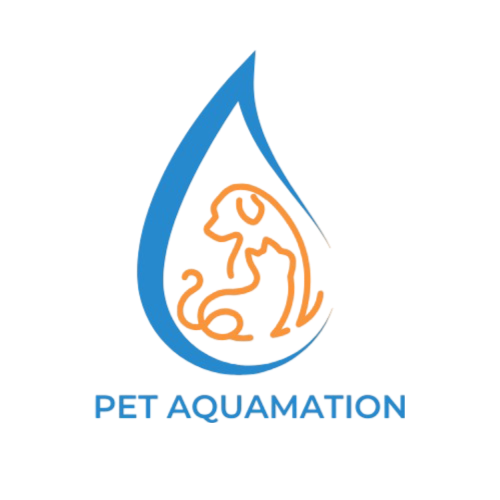Chemicals Used in Pet Aquamation: Safe, Efficient, and Eco-Friendly
Addressing Concerns from Businesses in Thailand & Vietnam About Chemical Safety
As a professional manufacturer and supplier of Pet Aquamation machines, we often receive questions such as:
“Are the chemicals safe?”
“Will it contaminate groundwater?”
“Is this process legal in our country?”
This article will explain—honestly and scientifically—the key chemicals used in aquamation and why this method is safe, efficient, and environmentally friendly for pet aftercare businesses in Thailand and Vietnam
What Chemicals Are Used?
The aquamation process uses a combination of heated water and alkali—not acids or toxic substances.
Main chemical: Potassium Hydroxide (KOH)
Sometimes Sodium Hydroxide (NaOH) is also used in small, controlled amounts.
Both are strong alkalis commonly used in:
- Soap production
- Food processing (e.g., olives, noodles)
- Industrial cleaning
Why Is This Alkali Safe?
- Leaves no harmful residues
- After the process, the resulting liquid (called effluent) is:
- Non-toxic
- Odorless
- Can be filtered or discharged safely following local environmental standards
- Non-toxic
- Already approved in countries like:
- The United States (by EPA & local health departments)
- Canada
- Japan
- The United States (by EPA & local health departments)
We also offer optional filtration systems to meet environmental regulations in Thailand and Vietnam.
The Process Is Controlled and Efficient
- The alkali dosage is adjusted according to the pet’s body weight
- Our machines feature smart automation to:
- Regulate temperature and pressure
- Balance pH levels
- Maintain safety throughout the cycle
- Regulate temperature and pressure
Processing time: approximately 6–12 hours (depending on machine model)
A Commitment to the Environment
Compared to flame cremation, aquamation produces no smoke, no greenhouse gases, and no ash waste.
This makes it a cleaner and more ethical alternative—especially in large cities like Bangkok and Ho Chi Minh City, where air quality is becoming a growing concern.
Still Have Doubts?
We’re happy to provide technical documents, safety certifications, and direct consultations to ensure this method aligns with your local regulations and business values.
